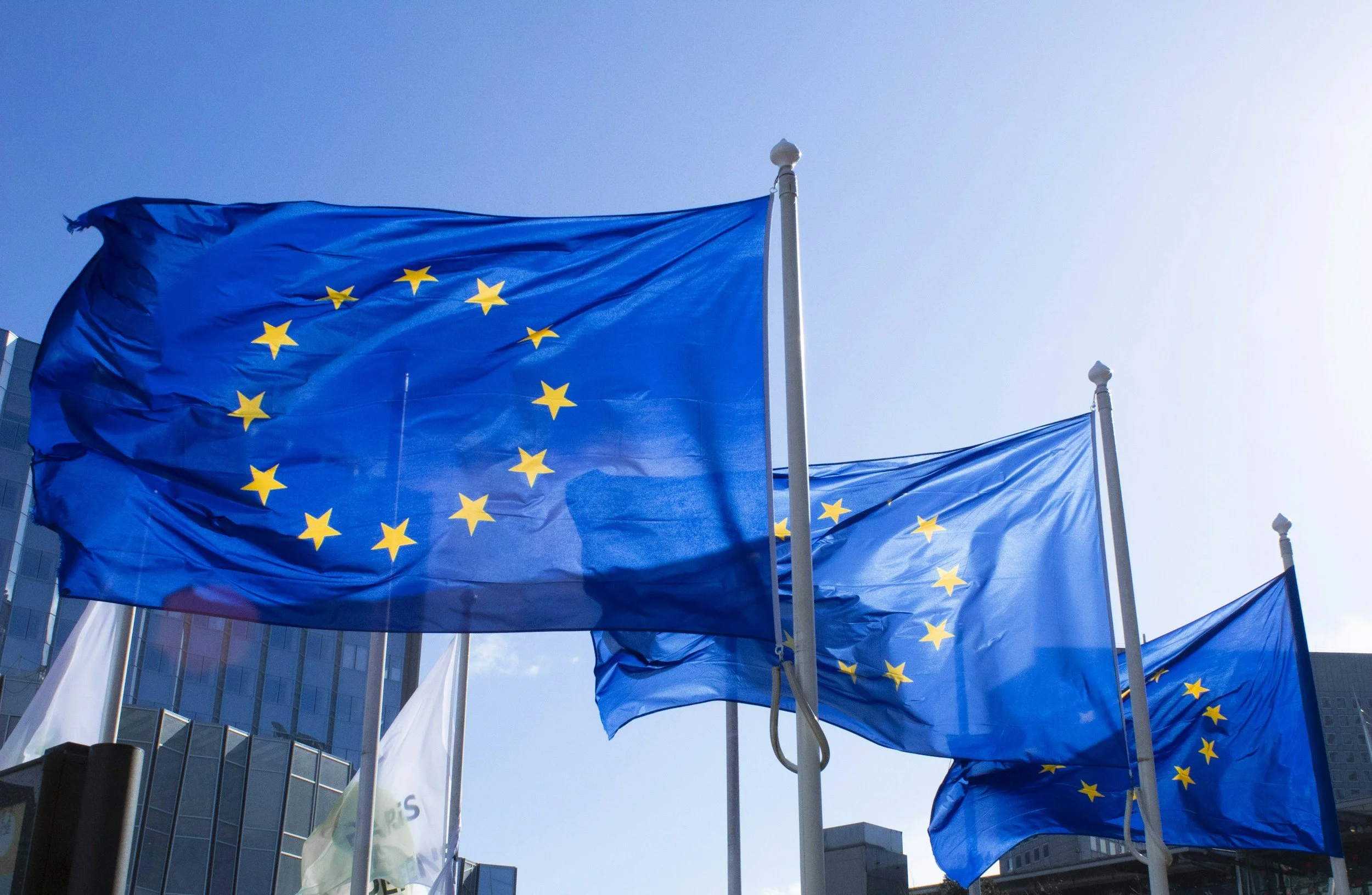Later this week, Ursula von der Leyen, President of the European Commission will undertake a landmark visit to India, along with the entire College of European Commissioners. For many years, relations between India and the European Union have appeared stuck, lacking some of the alignment that has in recent decades characterized both their relationships with the United States. The EU continues to see India as intransigent on trade, while India has struggled to deal with a Brussels bureaucracy that cannot offer India the security or technological benefits of other large powers. But there have been some major developments over the past few years that augur well for the relationship:
First, there are growing geopolitical interests in New Delhi and Brussels of each other. Both share concerns about China's dominance of manufacturing supply chains and its potential domestic ramifications. Both are also adjusting to a United States that seeks more reciprocity in its international engagements. In other words, the EU and India are more likely to see each other as sources of stability in a tumultuous world.
Second, while the prospects of a trade agreement remain remote — because the EU insists on a high-quality deal that India perceives as offering unequal benefits, advancing impossibly high standards, and masking various non-tariff barriers — there are some positive signs. The EU concluded a trade agreement with South American economies (Mercosur) in 2024, and India has recently finalized several trade agreements, including with four non-EU European states (EFTA). In doing so, both sides have shown more appetite for practical and creative solutions to finalize trade agreements.
Third, India has recently adopted a much wider engagement with Europe than the traditional focus on France, Germany, and the United Kingdom. In a post-Brexit world, it has established a regular Nordic Summit, opened new embassies in the Baltics and Balkans, reinvigorated relations with Central and Eastern Europe (including Poland and Austria), and deepened defense and connectivity relations with Spain, Italy, and Greece. India's interests and engagements with a wider Europe are today greater than they have been since the end of the Cold War.
Fourth, there is now renewed interest in connectivity between the two large economies, embodied in the India-Middle East-Europe Economic Corridor (IMEC), which was unveiled in 2023. This has the potential to connect two large markets, help stabilize a volatile region, and build resilience around regional chokepoints such as the Suez Canal and Red Sea. France, Italy, and Greece could be among the major beneficiaries and have expressed enthusiasm in joint investment and infrastructure connectivity.
Fifth, immigration — while remaining a politically fraught issue in Europe — is emerging as an area of potential collaboration. Europe seeks specific tech talent given declining birthrates but wants to stem illegal immigration. India, meanwhile, wants to increase opportunities for businesspeople, tourists, students, and temporary workers to go to Europe while cracking down on human trafficking. The recent conclusion of several mobility agreements — as between India and Germany — offers opportunities for both the EU and India to take advantage of human capital and talent flows.
Finally, technology remains a potent ‘glue’ in the EU-India relationship. India is only the second country, after the United States, with which the EU has a trade and technology council (TTC). This set of three working groups focuses on emerging technologies (such as AI, semiconductors, and digital public infrastructure); green and clean energy and resources; and supply chain security and investment screening. The EU and India also have some overlapping approaches to regulation and safety that offer the possibility of jointly setting standards, while building resilience.
Relations between the EU and India might still prove frustrating, in part due to frequent misunderstandings of each other caused in part by a lack of intellectual investment. But this week's visit by von der Leyen and the senior European Commission leadership represents a major opportunity to advance security, connectivity, mobility, trade, investment, and technology relations between the world's two largest democratic entities.
Dhruva Jaishankar is Executive Director at ORF America.

